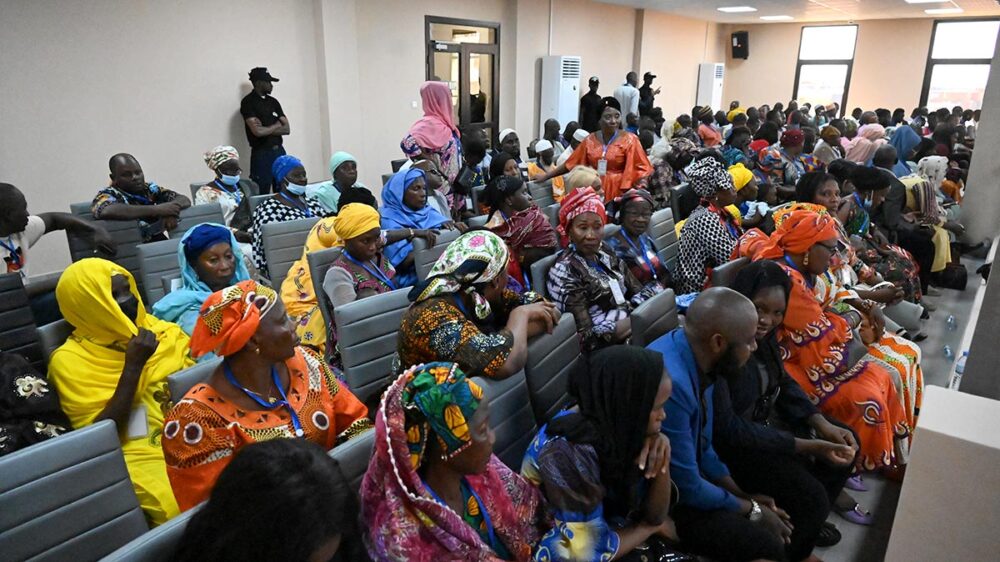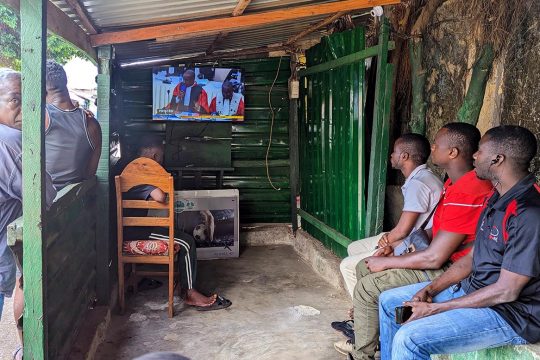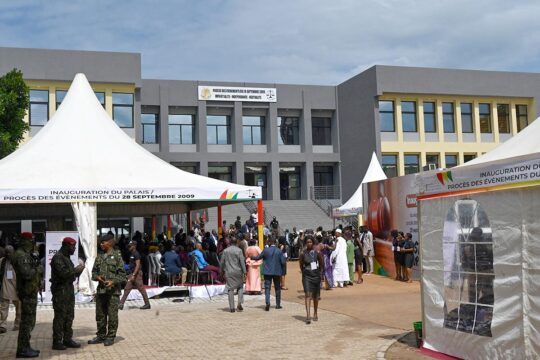On 28 September 2009, when opponents gathered peacefully in the stadium of Guinea’s capital Conakry to demonstrate against the presidential candidacy of Captain Moussa Dadis Camara, the security forces brutally repressed the gathering. Among other abuses, 156 people were killed, 109 women were raped and sexually assaulted. The trial for these crimes did not start in Guinea until 13 years later, on 28 September 2022, involving former military and government officials of the then junta, the National Council for Democracy and Development (CNDD).
The decision to hold the trial was taken in July 2022, two months before it was due to begin, by Colonel Mamady Doumbouya, the country's new strongman who overthrew President Alpha Condé in a coup d'état on 5 September 2021. This trial, which many doubted would ever take place since it had been constantly postponed under the former presidency, constitutes a unique moment in the history of this West African country marked by decades of massive human rights violations committed with total impunity.
Eleven defendants
For a year now, 11 defendants have been on trial before the Dixinn criminal court. Of the 13 people referred by the pool of investigating judges dedicated to this case, one has died (General Mamadouba Tota Camara, number 2 in the CNDD), while another failed to appear (gendarme Alpha Amadou Balde). The defendants appearing before the criminal court of three independent judges are: the head of the former junta, Captain Moussa Dadis Camara; its Minister for Presidential Security Captain Claude Pivi; Minister for Special Services Major Moussa Tiégboro Camara; Captain Moussa Dadis Camara's aide-de-camp Lieutenant Aboubakar SidikiDiakité (known as Toumba); Lieutenant Aboubakar Sidiki Diakité's deputy, Second Lieutenant Marcel Guilavogui ; Minister of Health Colonel Abdoulaye Chérif Diaby; one of Commander Moussa Tiégboro Camara's deputies, Lieutenant Blaise Guemou; Lieutenant Aboubakar Sidiki Diakité's bodyguard, Warrant Officer Cécé Raphaël Haba; one of the managers of Camp Koundara, Sergeant Paul Mansa Guilavogui (known as Sergeant Paul); and gendarmes Mamadou Aliou Keita and Ibrahima Camara (known as Kalonzo).
All are accused of having ordered or participated in the massacre, and are being prosecuted under normal law for offences including murder, rape and sexual violence, since crimes against humanity did not exist in Guinean law at the time of the events.
Brand new court
A committee tasked with preparing the 28 September 2009 massacre trial met around ten times between 2018 and 2022 within the Guinean Ministry of Justice. It began work on the main organisational aspects: the venue, security, communication, funding and preparation. The committee’s work paid off, enabling the trial to get underway within two months of the authorities giving a green light.
This trial is being held in a brand new building, whose construction was launched by President Alpha Condé. The premises, which belong to the Ministry of Justice and are located just a few metres from the Conakry Court of Appeal, provide good material conditions. The trial room has been equipped with seats, a podium, air conditioning, microphones and a box for the defendants, and is large enough to accommodate the public.
Serious concerns were expressed about security. Wouldn't the victims be threatened or prevented from taking the stand? Wouldn't witnesses be intimidated or bribed? Wouldn't judges, court clerks, lawyers and security staff be paralysed by the once powerful military? These concerns were partly well-founded, with members of the public prosecutor's office claiming at hearings to have been threatened by the entourage of some of the defendants.
However, they were partly resolved by a big presence of security guards in and around the courtroom, and above all the fact that the defendants were all taken into custody at the start of the trial. Deprived of their freedom and prestige, the defendants, in particular Captain Moussa Dadis Camara, Captain Claude Pivi and Major Moussa Tiégboro Camara, immediately lost part of their network, which in the past had been so quick to protect them and to intimidate others.
In terms of communication, the hearings are broadcast on Guinean television and are also available on YouTube. They have generated a real buzz, with many people following them and commenting on them in the media and on social networks. Admittedly, journalists’ analyses can sometimes be less than precise, but they have raised public awareness of this trial, which is being followed not only in Guinea but throughout French-speaking Africa. It can therefore be said that communication about the trial is ensured.
As for funding, for a long time it was thought that this trial could not take place without international funding. The new Guinean authorities have proved otherwise. The United States and European Union, which had offered to provide international funding, were soon put off by the Guinean Justice Ministry's inability to propose a mechanism ensuring proper use of international funds. In the end, the trial was financed exclusively from the national budget. This proves, as the victims' associations claimed, that a national trial is not that expensive to organise.
Finally, in order to prepare for the trial, France and the United Nations organised training sessions for the judges taking part in the hearings. Although the preparation was fairly basic, which was not without risk, the Justice Ministry’s choice of magistrates proved to be judicious overall, while the Public Prosecutor's Office was able to put together a team to share the work during the hearings. At the end of this lengthy trial, the judges will have to be able to produce a written decision that is solidly argued in fact and in law, which will no doubt be difficult, given the poor quality of the 2017 referral order and the two decisions that validated it (a 2018 ruling by the Investigation Control Chamber and a 2019 ruling by the Supreme Court).
Colonel Doumbouya's determination has paid off. With hindsight, it is clear that arguments used for years to explain the postponement of the trial were just because the political authorities did not want it to take place. The proof is in the pudding: even a country with modest resources like Guinea can effectively organise the trial of perpetrators of serious human rights violations. This was recognised by the prosecutor of the International Criminal Court who, as soon as the trial opened, decided to end his preliminary examination of the situation.
Defendants at a loss
The trial of those accused of the 28 September 2009 massacre has been taking place for a year now, with three days of hearings a week. Despite unforeseen circumstances, such as a strike by prison guards and a boycott by lawyers demanding legal aid for their clients, the trial is proceeding in a fairly satisfactory way. However, there have still been causes for concern.
The first one was regarding the defendants. Would they not become the masters of the trial? Wouldn't Captain Dadis Camara, but also Major Moussa Tiégboro and Captain Claude Pivi, impress the trial participants with their eloquence and elaborate defence? However, it was the opposite. Scarred by their detention and stripped of their dignity, the defendants were often unable to explain their presence at the stadium at the time of the massacre (corroborated by victims and witnesses) and the role they had played in the hours leading up to the events and in the days that followed. There were confused statements, unconvincing explanations, attempts to blame others. It would be an understatement to say that their defence was poorly prepared, including by their lawyers. All the defence lawyers are Guinean, whereas one might have thought some of the accused would have sought the services of international lawyers more experienced in defending high-level political and military leaders. It is true that the holding of this trial (decided in a matter of weeks) and the detention of the defendants (who had stayed free until then) took everyone by surprise.
Weaknesses in the investigation?
A second cause for concern was the weakness of the judicial investigation. This was conducted by three examining magistrates who didn’t manage (or didn’t want) to gather indisputable objective evidence (photos, videos, forensic evidence, autopsies, administrative documents, testimony from those who had confessed) implicating the accused. In addition, they made the questionable decision not to bring other people responsible for the massacre before the criminal court. Wasn't this weakness going to become very clear?
So far, this has not happened. The debates have essentially focused on the statements made to the investigating judges or the court by the accused, the victims and witnesses. These statements are generally incriminating and the defendants' lawyers have not succeeded in creating any doubt. On the contrary, the spontaneity of the proceedings has highlighted the good faith of the victims and witnesses. It is true that this spontaneity was served by two of the defendants: Lieutenant Sidiki Diakité, who, understanding that Captain Dadis Camara would point to him as the main perpetrator of the massacre, took the decision to implicate most of the other defendants; and Second Lieutenant Marcel Guilavogui, who ended up describing Captain Dadis Camara as the person who had ordered the massacre.
Fair trial principles
A third cause for concern was the risk that the principles of fair trial would not be respected. In particular, would the trial be properly run by the presiding judge? Would the respective rights of the defence and the victims be guaranteed? In this respect, there were certain shortcomings. As well as not mastering all the legal points raised, the presiding judge did not always keep the debates to the heart of the matter, the lawyers were not sufficiently focussed, the questions asked and subjects addressed were often too peripheral, or even far removed from the crimes in question. All of this tended to drag the trial out without everyone's responsibilities being clearly established.
But despite these shortcomings, the positive aspects prevail on the whole. The trial has been conducted in a dignified manner. The prosecution and civil parties were incisive when necessary. The defendants have been able to respond as much as they like. And so, as the hearings progress, the story emerges of a terrible day in Guinea's contemporary history, when the military thought they could make the demonstrators "regret" (Dadis Camara’s word) their audacity, without ever being held responsible by their country's justice system.
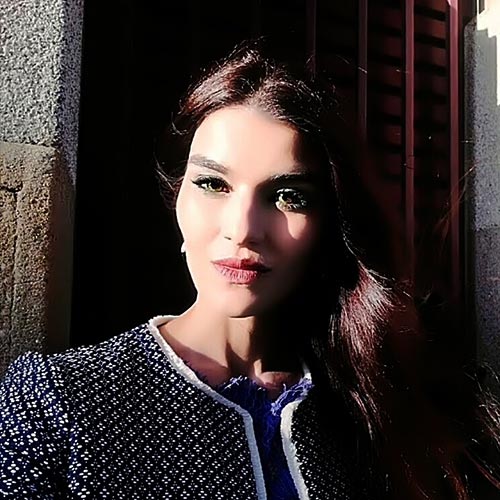
Catherine Maia is professor of international law at Lusófona University (Portugal), visiting professor at Sciences Po Paris, the Catholic Universities of Lyon and Lille (France) and Swiss UMEF (Switzerland). She is also a judge assessor appointed by the United Nations High Commissioner for Refugees to the French National Court of Asylum (CNDA). Her main areas of specialisation include issues relating to human rights, international criminal law, international humanitarian law and global peace and security.
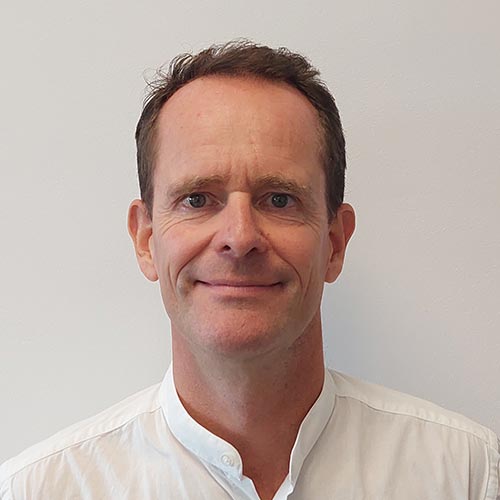
Ghislain Poissonnier is a French magistrate. He has been a judge and vice-prosecutor in Béthune, Lille and Paris. He has worked as a jurist in Kosovo, Palestine, the Democratic Republic of Congo, Thailand, Afghanistan, Guinea and Côte d'Ivoire. He has been following issues of international justice and international humanitarian law for some twenty years, and is the author of numerous contributions on the subject, published in various legal journals.


